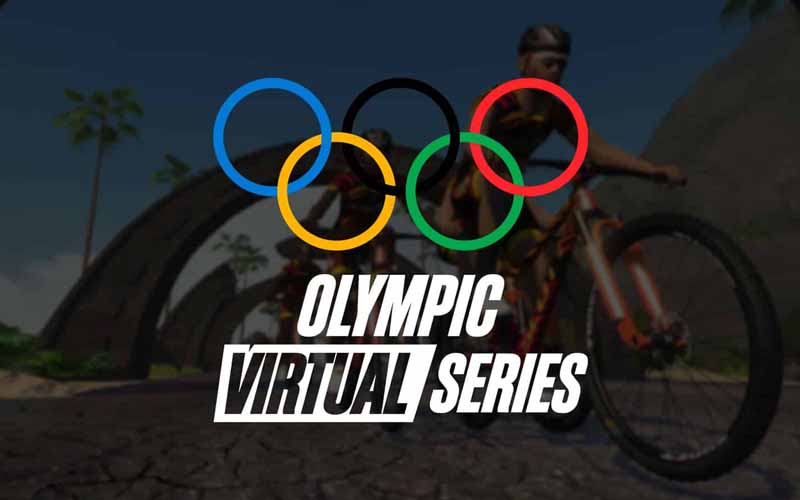The IOC (International Olympic Committee) has finally accepted esports to some extent, with their first licensed event for “non-physical virtual sports” which kicks off May 13.
After several years of speculations surrounding whether the IOC would decide to add esports in their event, the Olympic Virtual Series seems to represent the start of that very thing.
The team behind the sporting spectacle has collaborated with game publishers and sporting federations to bring five “non-physical virtual sports” together for the event.
Racing gaming Gran Turismo, sailing race simulator Virtual Regatta, international rowing federation World Rowing, online cycling platform Zwift, and Konami’s baseball Powerful Pro Baseball 2020 have all been tapped for the event.
The Olympic Virtual Series will run until June 23 and serve as a precursor to the Olympic Games Tokyo to “mobilise virtual sport, esports and gaming enthusiasts all around the world.” It is being produced by DreamHack Sports Games, which aims at transforming traditional sports leagues and tournaments into esports.
IOC continues to stand by their earlier way of thinking, believing Counter-Strike: Global Offensive and other similar esports titles are “promoting violence” and “contradictory to the Olympic values.” However, this event could be seen as them carefully dipping their toes into the waters until suspension occurs.
In Sept. 2019, Intel announced a tournament featuring Rocket League and Street Fighter V, the $500,000 Intel World Open, ahead of the Olympic Games. This was widely viewed as an examination of esports and the Olympics becoming involved with each other.
An update from @IntelGaming regarding the Intel World Open. pic.twitter.com/7YASBTP8nN
— Rocket League Esports (@RLEsports) April 8, 2020
The virtual aims at online mass participation with each title being different as far as form and concept are concerned. The IOC believes it will encourage more sporting activity in conformity with their Olympic Agenda 2020+5.
“The Olympic Virtual Series is a new, unique Olympic digital experience that aims to grow direct engagement with new audiences in the field of virtual sports,” IOC president Thomas Bach said.
“It encourages sports participation and promotes the Olympic values, with a special focus on youth.”







